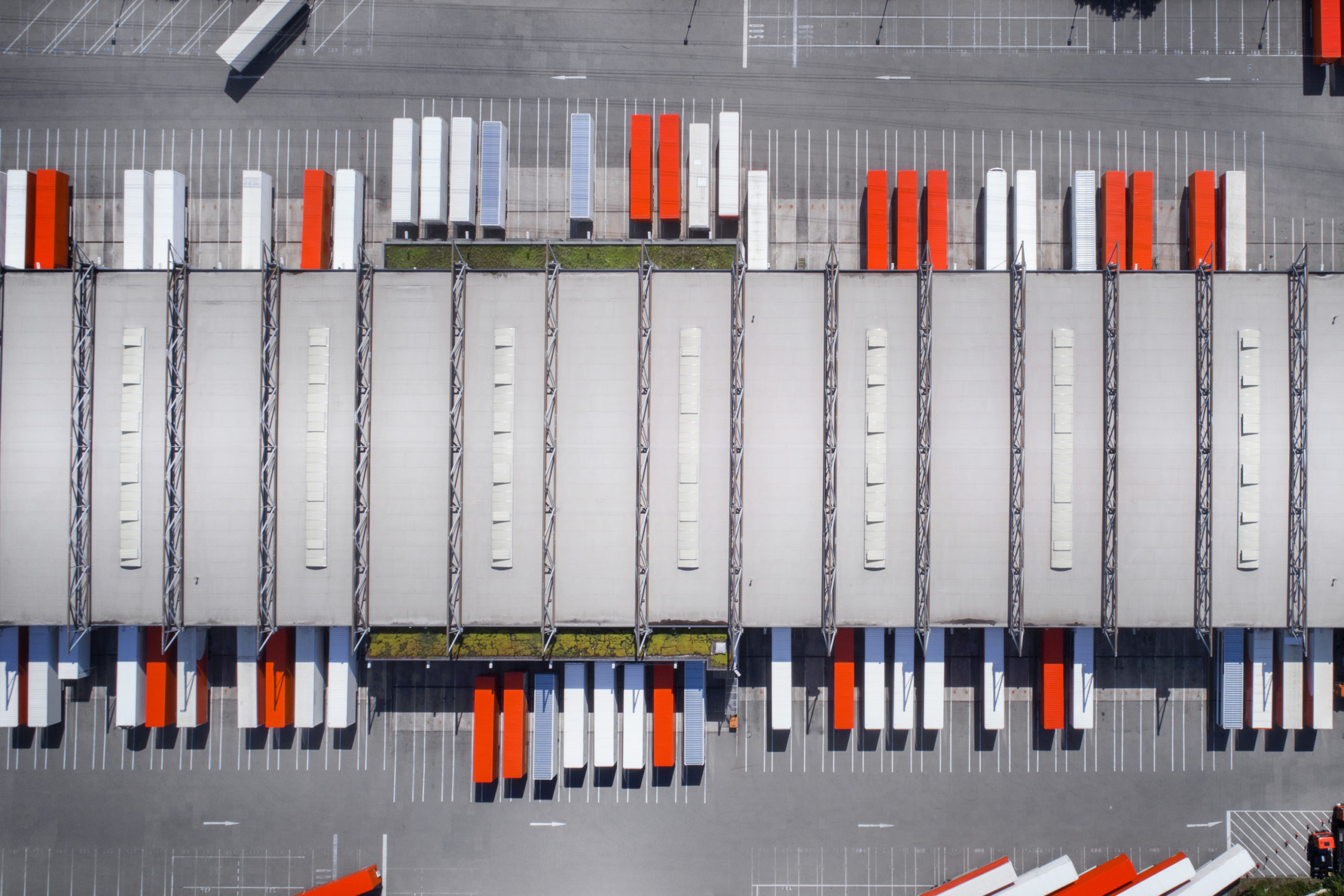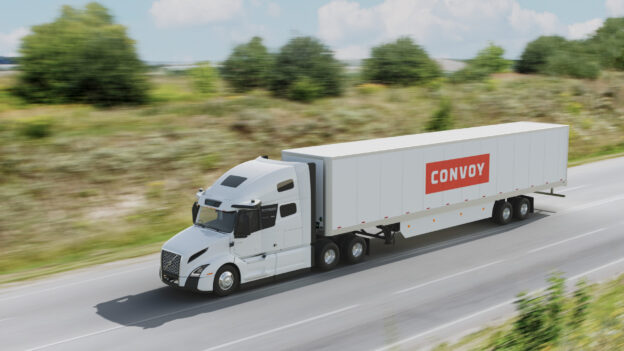Climate change impact to the trucking industry
Sustainability • Published on August 21, 2020
Transportation is the largest contributor to climate change in the US according to the EPA, accounting for around 28% of greenhouse gas emissions. Since 1990, transportation has also seen the highest absolute growth in emissions as compared with any other cause, and that trend looks primed to continue: freight transport is expected to double by 2040, with freight emissions easily overtaking those from passenger transportation by 2050. In parallel, truckers face increasing challenges to their livelihoods and health from the impacts of climate change. The most obvious of these before the COVID-19 epidemic was a bump in fuel prices immediately after catastrophic natural weather events such as hurricanes and tornadoes, which scientists believe are occurring more frequently as a result of climate change. Fuel is a driver’s single largest cost at nearly ¼ of total expenditures; in fact, it is such an important part of the business that nearly 76% of Convoy carriers report that a truck’s fuel economy is a major purchase consideration. For an owner/operator, which is 84% of trucking companies, volatile price shifts in fuel create unsustainable business uncertainty.
Drivers are also navigating worsening roads damaged by recent increased incidences of prolonged high temperatures and flood erosion, commonly attributed to climate change. When asphalt heats up it softens and expands, which causes cracking and holes; flooding can wash out entire roads, bridges, and tunnels along essential truck routes. The dangers of driving over compromised infrastructure is often further compounded by poor weather and related traffic accidents, delaying truckers and causing late pick up or delivery of their loads – which usually means a dock in pay for the driver.

Progress in reducing the environmental impact of trucking
The good news is that both the public and private sectors are working to make freight transport more sustainable. Many vehicle manufacturers are pursuing partially or fully electric power units that will comply with the United States Environmental Protection Agency’s (EPA) Cleaner Trucks initiative, which requires lower emissions from heavy-duty trucks in order to reduce the global footprint. The EPA restrictions on heavy-duty trucks are projected to reduce emissions by 270mm metric tons for vehicles built during 2012-2025, which would save 530 million barrels of oil. Several states have introduced independent legislation to encourage reduced emissions, and California’s Advanced Clean Trucks (ACT) Rule actually requires that all truck manufacturers produce some sort of non-emission truck alternative by 2024 – just 3 years from now.
Tire companies, such as Goodyear, are also stepping up by making tires that roll more easily. The harder a fuel-based vehicle works to roll a tire, the more fuel it burns; more than 85% of the effect of tires on emissions comes from the extra fuel required for a poorly-rolling tire. Even 5% less tire friction can improve fuel efficiency by up to 80 gallons of gasoline during the lifetime of a tire.
As incredible as low-friction tires may seem, perhaps the most unbelievable climate change solution that impacts the trucking industry is the new self-healing road. No, it’s NOT a band-aid – it’s actually an engineered mixture of asphalt and steel wool that allows the road to mend itself upon the application of induction. Though a specialized induction-coil vehicle is required to activate the process, initial return on investment calculations by Dutch officials estimate that even with the cost of the required vehicle this self-healing asphalt could save their country €90 million per year.
Given the significance of our need for sustainable freight transportation, I’m proud to work for a company that provides efficient truck matching and routing and encourages responsible and sustainable shipping. We’re also a member of the EPA’s Smartway program and we frequently partner with other organizations to reduce empty miles and limit trucking’s global carbon footprint. All of these efforts directly tie into Convoy’s mission to transport the world with endless capacity and zero waste.



